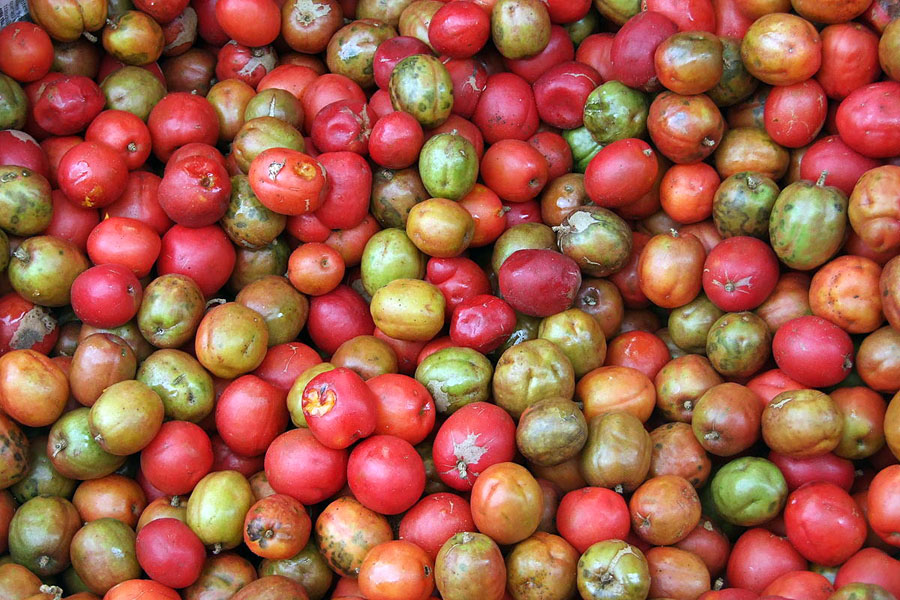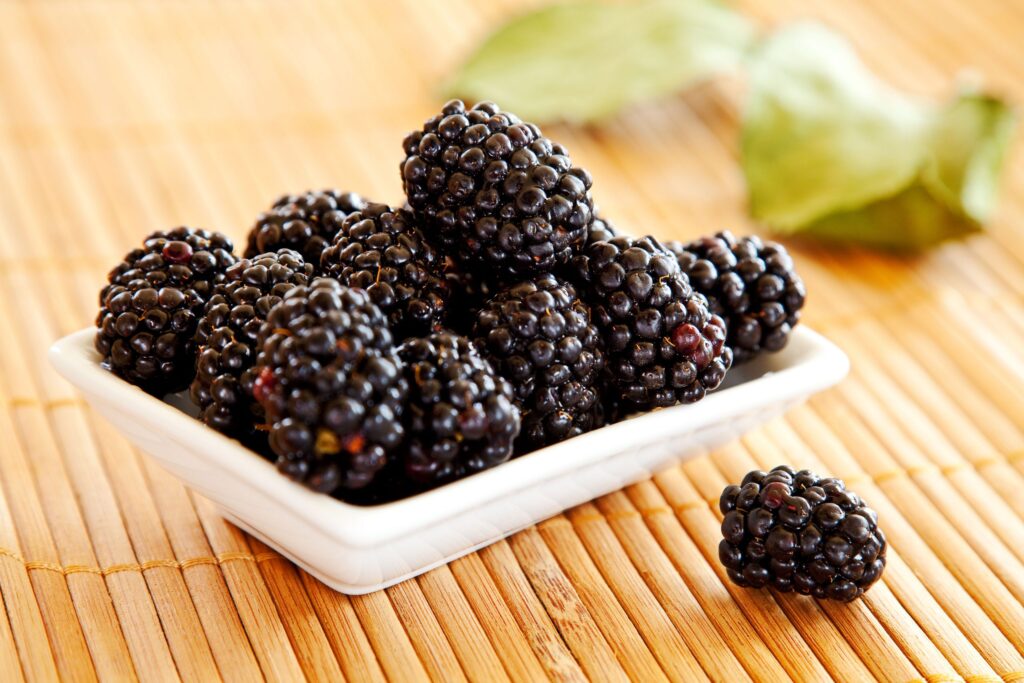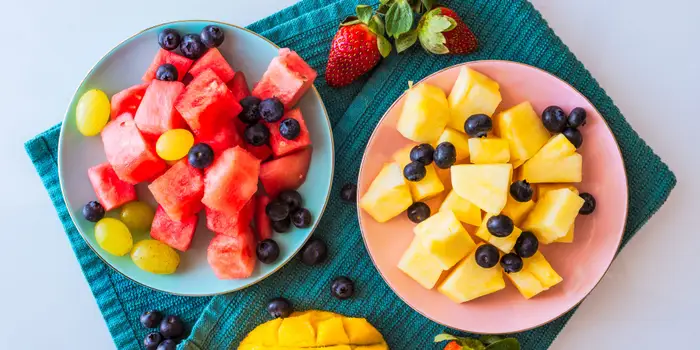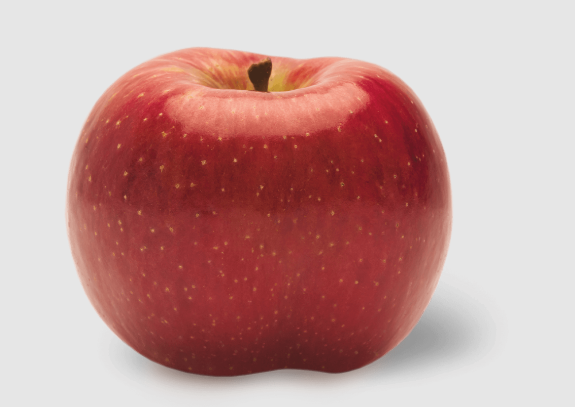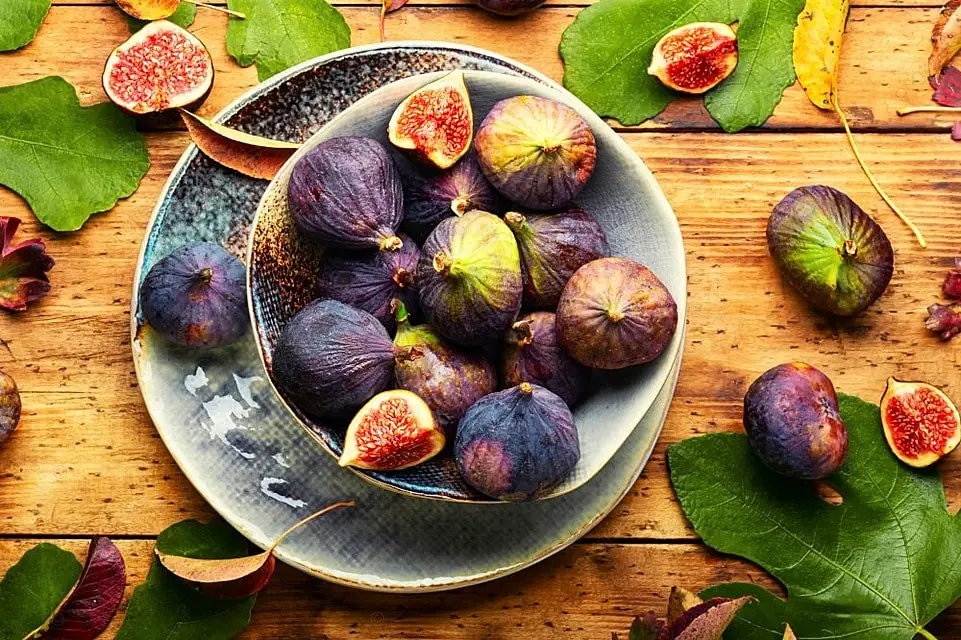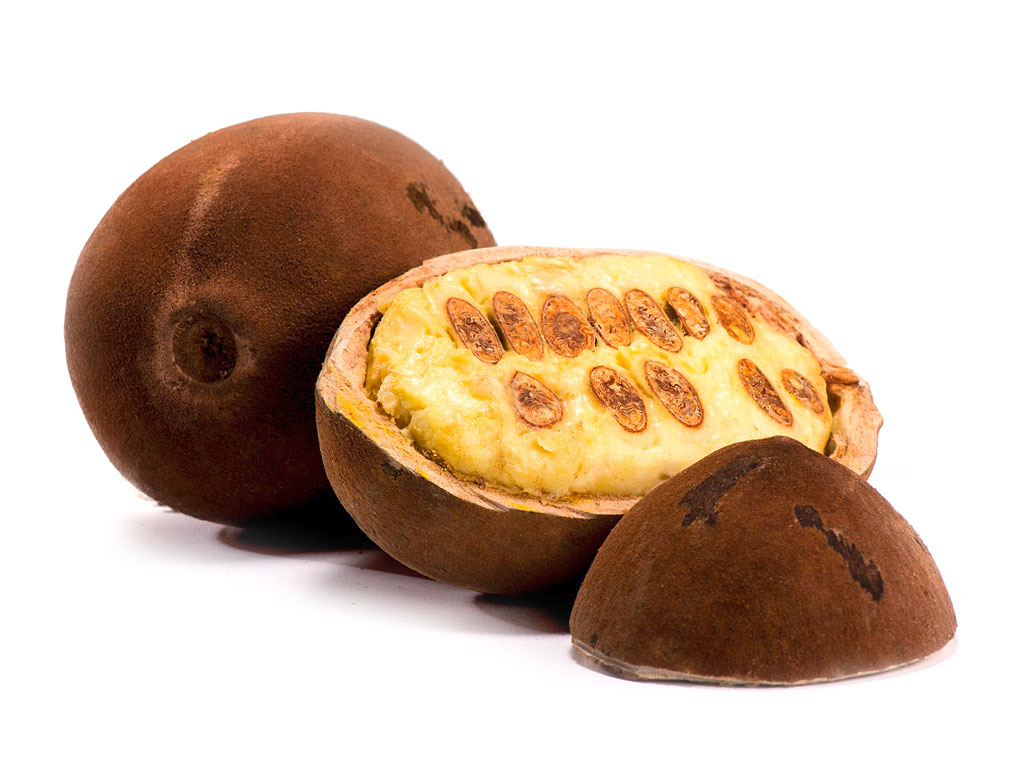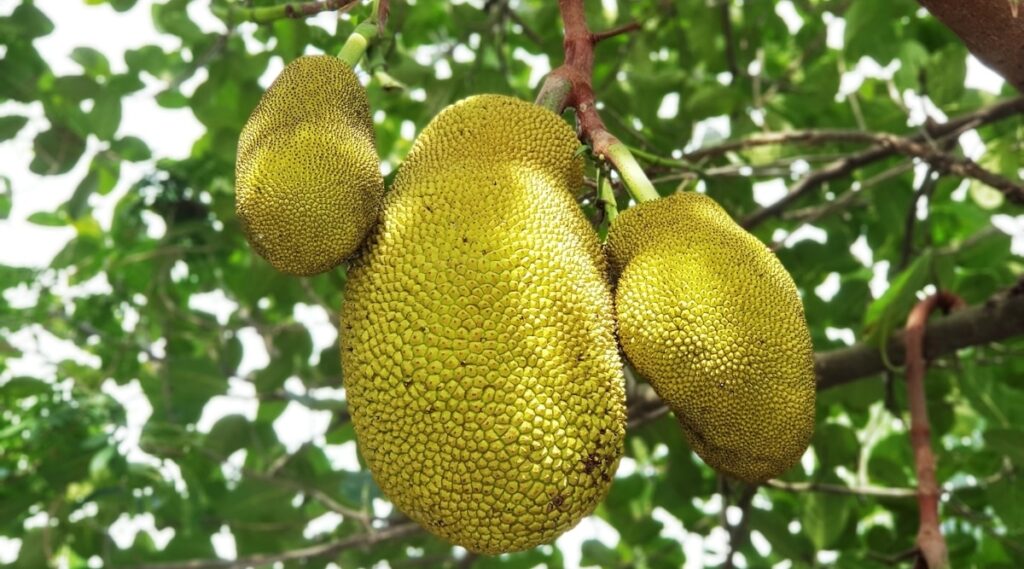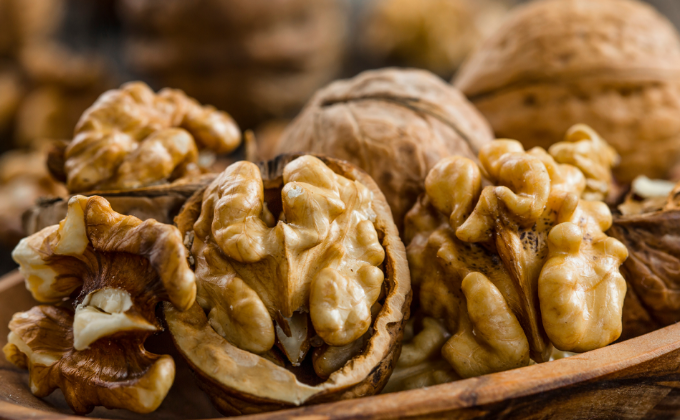A lot of people are trying intermittent fasting, which is when you switch between not eating (fasting) and eating at certain times. Many people wonder if it’s okay to eat fruits to break their fast. They’re not sure if the sugar and calories in fruits will mess up the benefits of fasting.
Table of Contents
- What Is Intermittent Fasting?
- Fruits Have Sugars in Them
- How to Include Fruits in Intermittent Fasting
- 1. Choose Fruits with Less Sugar
- 2. Don’t Eat Too Much Fruit
- 3. Eat Fruit with Protein or Fat
- 4. Have Fruits After Exercising
- 5. Only Eat Fruits During Eating Times
- 6. Stay Away from Fruit Juice and Dried Fruit
What Is Intermittent Fasting?
Intermittent fasting means not eating for a long time, usually between 12 to 24 hours. When you do this, your body starts to use the fat it has stored for energy. There are different ways to do intermittent fasting, such as:
- 16/8 – You don’t eat for 16 hours and then eat during an 8-hour period.
- Alternate day fasting – You fast every other day.
- 5:2 diet – You eat normally for 5 days, then fast for 2 days.
- 24-hour fasts – You don’t eat for 24 hours once or twice a week, like from dinner one day till dinner the next day.
The good parts of intermittent fasting mostly happen when you’re consistently in a state of fasting. This is why people get confused about whether fruits are okay to eat when breaking a fast.
Fruits Have Sugars in Them
Fruits have natural sugars called glucose, fructose, and sucrose. Different fruits have different amounts – for example, there’s about 10 grams of sugar in an apple, while a banana has about 12-15 grams.
These sugars come from nature, but they can still make your blood sugar and insulin go up. For some people who do intermittent fasting, this rise can mess up the fasting state.
But fruits also give you important nutrients like vitamins, minerals, antioxidants, and fiber. That’s why you shouldn’t stop eating them completely. It’s better to be smart about when you eat fruits.
How to Include Fruits in Intermittent Fasting
If you want to eat fruits without ruining your intermittent fast, here are some tips to help:
1. Choose Fruits with Less Sugar
Go for fruits that don’t have a lot of sugar, like berries, grapefruits, avocados, and tomatoes. Berries like raspberries or blackberries have less than 5 grams of sugar per cup and are a great choice.
2. Don’t Eat Too Much Fruit
Limit yourself to just one serving size of fruit. A serving about the size of a tennis ball has around 15 grams of sugar. Eating too much fruit can add up and interrupt a process called ketosis, which is when your body uses fat for energy.
3. Eat Fruit with Protein or Fat
When you eat fruit, have it with some protein or fat. This can help keep your blood sugar from spiking too much. For example, you can add berries to yogurt that doesn’t have any sugar added. The protein and fat in the yogurt can help manage the sugar from the berries.
4. Have Fruits After Exercising
Your body can handle sugar better after you’ve exercised. So, if you eat fruit right after working out, it might not make your blood sugar spike as much. But it’s best to avoid fruits before you exercise.
5. Only Eat Fruits During Eating Times
Eat fruits only during the times you’ve planned to eat. Even if they fit into the amount of food you’re supposed to have (your macros), you shouldn’t eat them during your fasting period.
6. Stay Away from Fruit Juice and Dried Fruit
Fruit juices and dried fruits are packed with sugars and can easily end your fasting state. Even a small cup of orange juice can have 20 grams of sugar or more.
Fruits are packed with good stuff like antioxidants, vitamins, and minerals that help keep you healthy, give you energy, and help you live longer. You can still have fruits while intermittent fasting, but you should do it in a careful way.
If you’re smart about how much fruit you eat, and when you eat it, you can add it to your intermittent fasting plan. Remember to pick fruits with less sugar, pay attention to how much you have, and try to eat them with protein or fat. Save fruits for the times when you’re supposed to eat, especially after a workout.
When you do intermittent fasting, you need to stick to your plan and be disciplined to really see the benefits.
Here are some more tips to make intermittent fasting work for you:
- Drink plenty of water, tea, and coffee to stay hydrated while you fast.
- If you get hungry, eat some healthy fats like nuts, almond butter, or olive oil.
- Make sure you get enough sleep because being tired can make fasting harder.
- Keep moving during your fast. Even light activity can give you more energy.
- Always listen to your body. If fasting is making you feel bad, it’s okay to adjust your plan.
The great thing about intermittent fasting is that you can adjust it to fit your life. Try different fasting schedules and amounts of fruit to find what makes you feel the best. Sticking to your plan over a long time is important to get lasting results.
In the end, intermittent fasting is all about managing to be in a fasted state most of the time. Eating a little fruit that is fasting-friendly once in a while probably won’t cause a problem. But you should still be careful with fruits to get the best out of your fasting. Keep these tips in mind, and you can enjoy fruits as part of your intermittent fasting without any worries.
